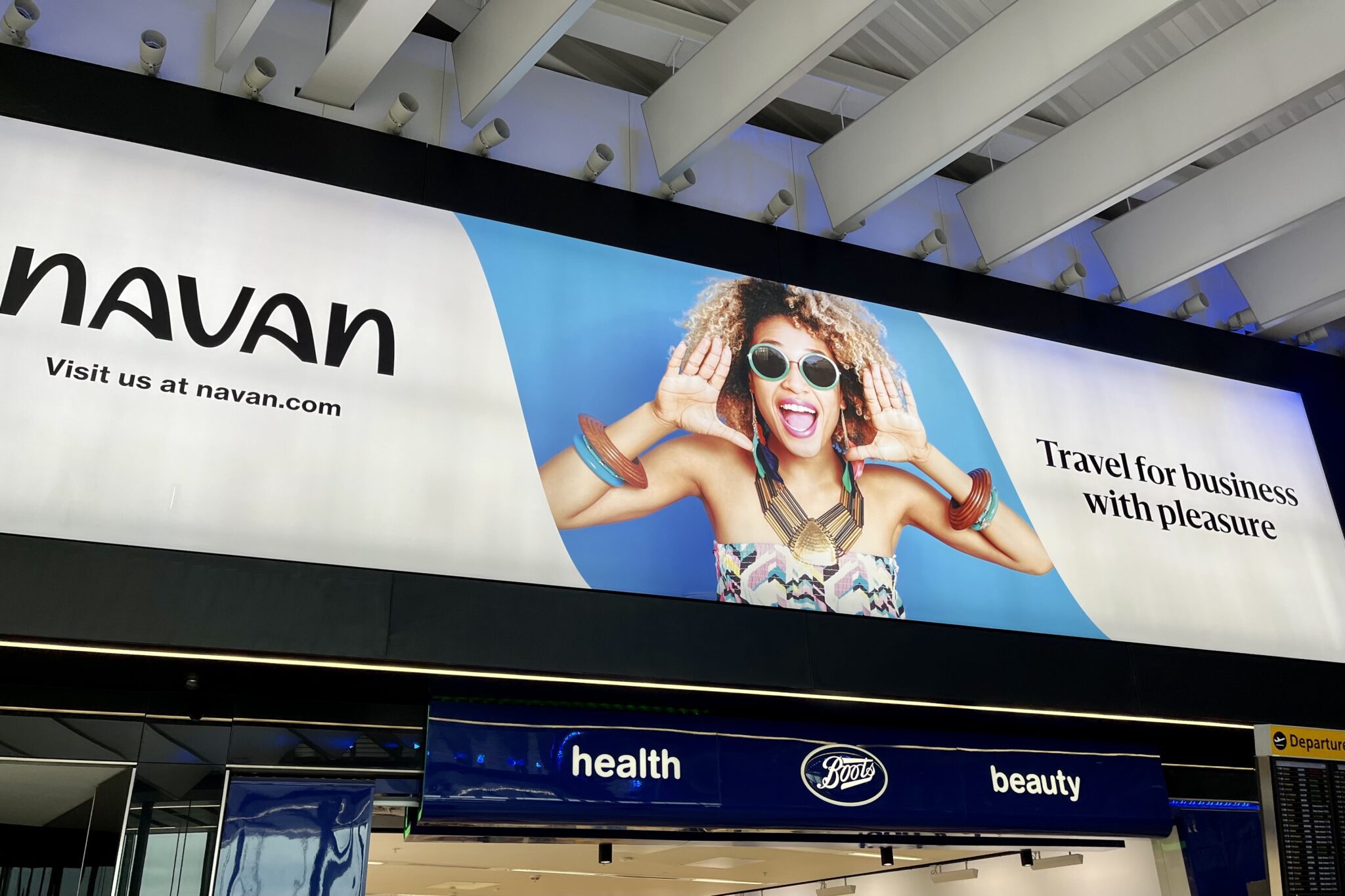Navan Upgrades its AI Chatbot to Target Corporate Travel Cost-Saving

Skift Take
Corporate travel agency Navan aims to expand its market share, using artificial intelligence to its full advantage.
The company sped out the Generative Predictive Text (GPT) gate in February with the launch of its traveler-facing chatbot Ava. Now, an upgraded version of the automated virtual assistant wants to be the best friend of chief financial officers and corporate finance teams as a real-time data analysis tool able to make cost-saving predictions.
Ava is said to help finance teams using OpenAI’s GPT-4 APIs for admin-facing data analysis, condensing complex real-time spend data and insights to improve corporations' travel budget bottom lines.
Navan outlined the following examples in the launch release announcing Ava's new capabilities:
Analyze travel spending to recommend ways to save money, like leveraging rewards or changing hotel criteria. Summarize travel spend by month and category for distribution with finance teams and chief financial officers. Analyze